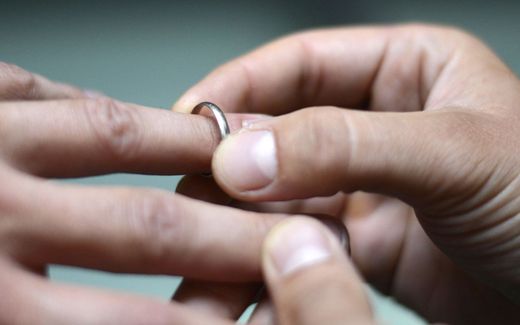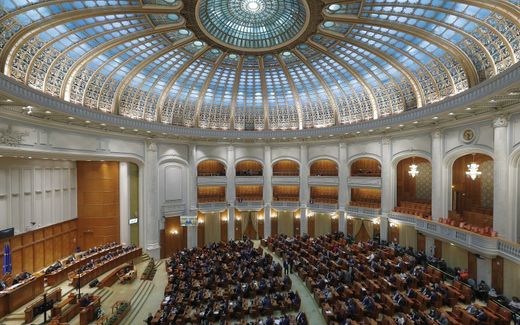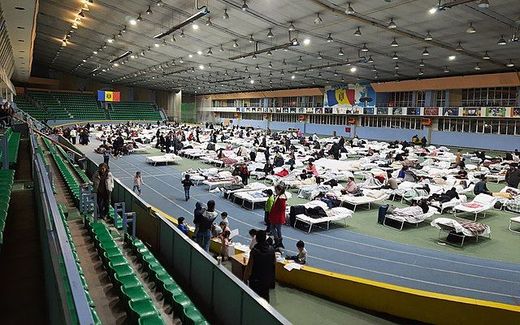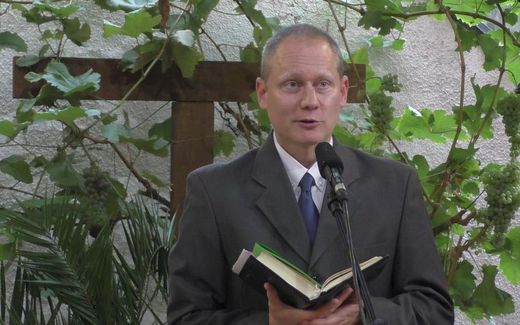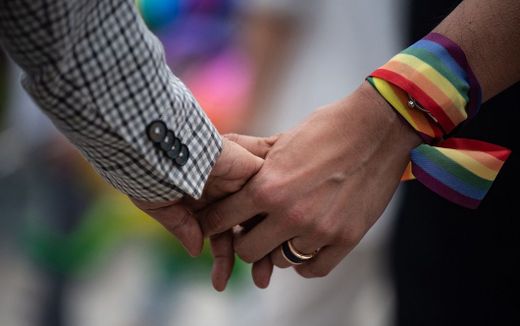Three ways the Evangelical movement was impacted by Romania entering the EU
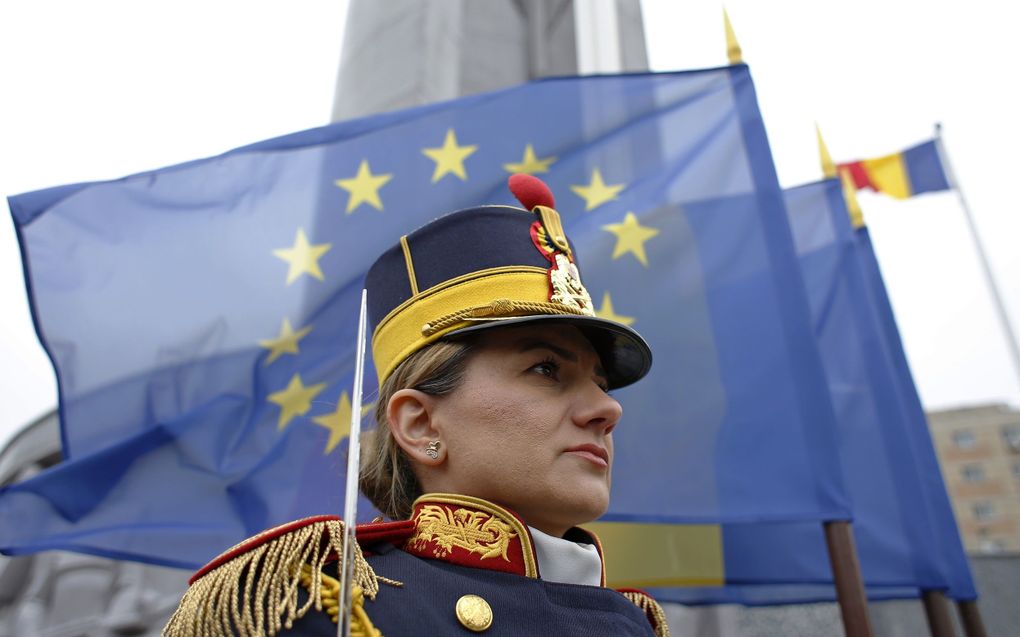
A Romanian Honor Guard female soldier, backed by the European Union flag, stand still for the Iraq and Afghanistan war victims, during a commemoration ceremony held at the Fallen Heroes Memorial, part of the celebrations for the day of Saint George, the patron saint of Romanian Land Forces, in Bucharest, Romania. Photo EPA, Robert Ghement
Eastern Europe
The European Union is the greatest civilisation ever. While I am well aware that the European Union is imperfect, the concept of human rights has come to be associated with the EU, the place where social reforms were implemented on a grand scale for the first time in history.
Furthermore, people from all over the world aspire to live and work here. Over the last couple of decades, the European Union has become a melting pot. Countries like Germany, France, and Denmark are sought after because of their prosperity and the general well-being of their inhabitants. The EU seems to be heaven on earth compared to other places.
That's why Romania's access to the EU was a euphoric moment for me. It was January 1, 2007, and I was sixteen back then. Indeed, it was a monumental step for my country. While some Romanians saw this as a net negative, for the most part, people were happy that, after all, we were part of the great European Union.
Reluctant
At the time, I was dumbfounded by the fact that people had genuine concerns about this move. "Why would people be reluctant?" I thought to myself. "Will this not benefit all of us?"
Later in life, I learned that any political move has both positive and negative outcomes. Of course, some turn out to have more advantages than disadvantages, and vice versa. In 2007, I saw only the positives and not even a single negative.
Romania's top three positive outcomes from joining the EU are a better and more robust economy, a better judiciary, and investments in infrastructure, industry, and local government.
Abroad
On the flip side, the Evangelical movement was negatively impacted, and here I am talking more specifically about the Evangelical and Reformed Churches. Even though Romania's economy grew stronger over the years, people grabbed the chance at a better life. Among them, many Evangelical and Reformed Christians chose to go abroad.
I do not judge people who move to another country to pursue a better life. Sometimes, living conditions are harsh, and opportunities are few and far between. I know people who have no other chance but to work in countries like Germany, France, and Denmark.

The migration of Evangelical and Reformed Christians has unfortunately left behind a lot of empty seats in churches, both in urban and rural areas. There are churches that used to have 200 or even 300 members but now barely have 100. Some churches, especially those in rural areas, have completely closed down.
Birth rates
Now, to claim that churches are empty only due to migration is a fallacy. Overall, in the West, and especially in the EU, the number of people who claim to be Christians is in decline. Compared to 1900, when 95 per cent of Europeans claimed to be Christian, in 2020, only 76 per cent of Europeans claimed to be Christian.
The contrast between the EU and Romania regarding birth rates before 2007 was staggering. While there was nothing wrong with a woman pursuing a high-end career in Romania before 2007 (e.g. many of my female relatives are well-respected medical doctors), the focus in the past was more on family rather than career.
For better or worse, Romania's culture before 2007 focused on family, in keeping with apostle Paul's teaching in Titus, where he uses the word "homemaker" to describe a young Christian woman. Indirectly, Romania's joining the EU influenced the Evangelical and Reformed churches in this regard.
Traditional
In the past, prominent families with many children were common. I come from a family with six children. Nowadays, hearing of a family with six children is rare. It does happen, but rarely. Romania has assimilated into European culture, and birth rates underline this.
Romanian culture before 2007 could have been easily described as traditional. But this word presents an issue. What is "traditional", and what does it mean to call a culture "traditional"? From my point of view, every issue must be analysed individually to conclude whether a culture is traditional. Overall, from my point of view, it could be argued that Romania was and still is, in many regards, a traditional country, mainly because of family values.
Gay unions
While I have never heard about any church in Romania that supports gay unions, I know churches today that allow marriages between believers and nonbelievers, cohabitation, and female pastors to teach in the church. These are all things that were frowned upon when I was growing up. But it seems that sin, in general, is far more tolerated now than it was in the (even recent) past.
In the end, while many things improved after Romania joined the EU, as I have mentioned, a better and more robust economy, a better judiciary, and investments in infrastructure, industry, and local government, the Evangelical and Reformed Churches were negatively impacted by migration, declining birth rates, and changes in traditional values.
Related Articles


